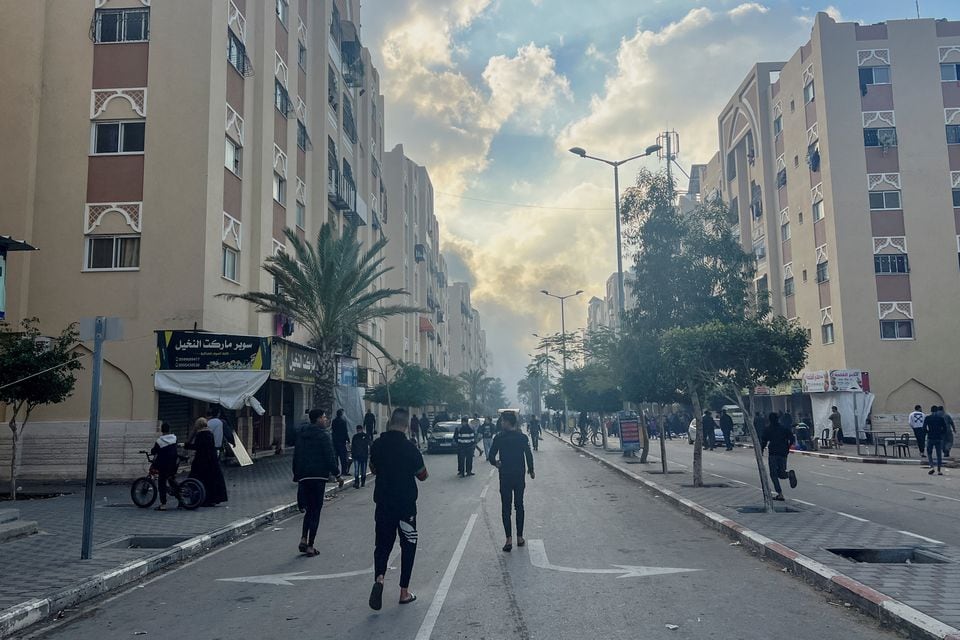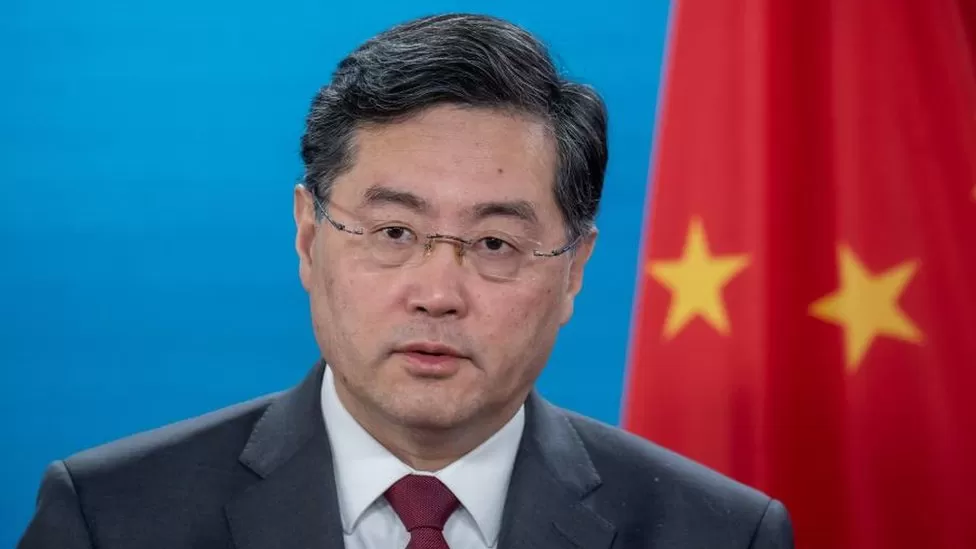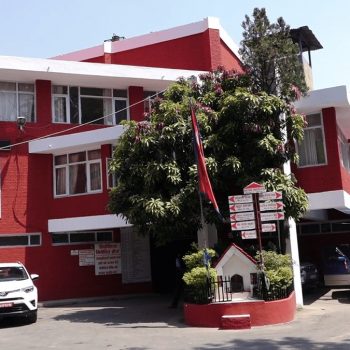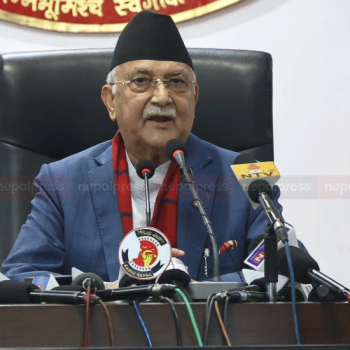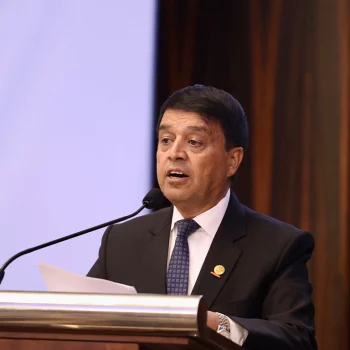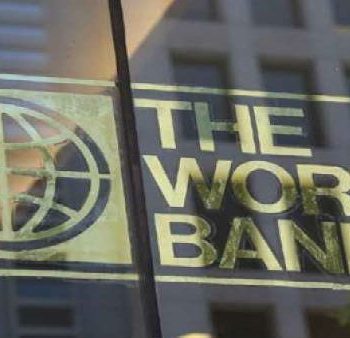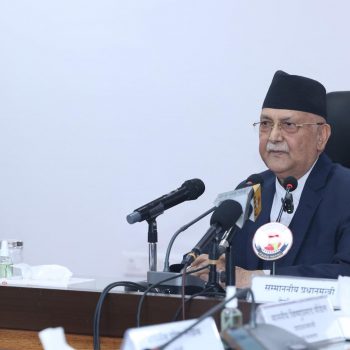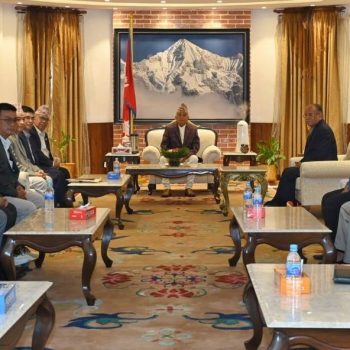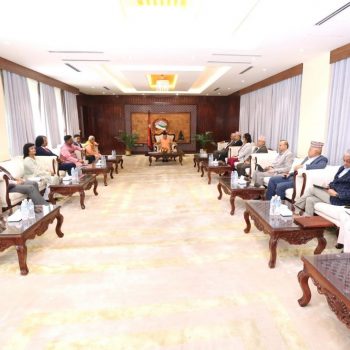Aung San Suu Kyi sentenced to four years in prison for incitement
 NepalPress
NepalPress
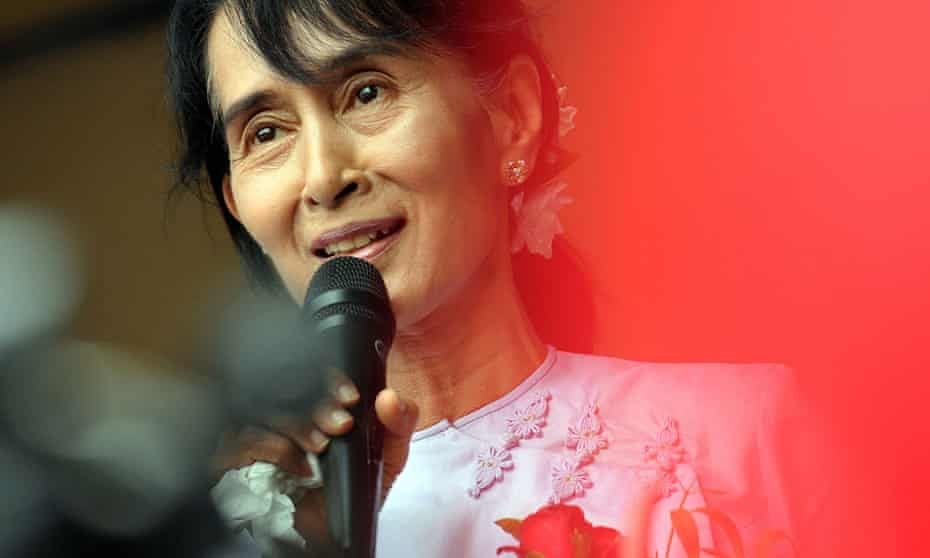
Aung San Suu Kyi has been jailed for four years for incitement and breaking a natural disasters law, according to reports, the first sentence to be handed down to Myanmar’s ousted leader since the junta seized power and accused her of a litany of crimes that could lead to decades in prison, The Guardian reported.
Aung San Suu Kyi, 76, has been accused of a series offences – from unlawful possession of walkie-talkies, to breaches of the Official Secrets Act. Her lawyer has previously described the cases as “absurd”.
On Monday, a court sentenced her to four years in prison, according to reports by the BBC.
Little is known about the proceedings in any of her legal cases. She has been tried in a closed court, with no access for observers, and her lawyer has been gagged from speaking to journalists.
Analysts have described the charges against her, which have continued to grow in number since February, as a transparent attempt to remove her as a political threat. Her party National League for Democracywon a thumping victory in last year’s election but the military refused to accept the result.
The leader, who previously spent a total of 15 years in detention campaigning against the military, could be held by the junta for the rest of her life if found guilty on all charges.
According to the Assistance Association for Political Prisoners, she is one of more than 10,600 people to have been arrested by the junta since February, as it has sought to crush any form of opposition. At least 1,303 have been killed.
Almost one year on since the coup, the military has struggled to impose order. The economy is failing, health and education systems have collapsed, poverty rates have soared and conflict has escalated. Last month, the Special Advisory Council for Myanmar, which includes experts such as Yanghee Lee, the former UN special rapporteur on human rights in Myanmar, warned military offences were cutting off communities’ food and medical supplies, forcing people to the brink of starvation.
The junta faces both a peaceful resistance movement and an armed opposition formed of people’s defence forces allied with various ethnic armed groups. In September, the National Unity Government, a shadow government formed by elected officials, declared a “defensive war” against the junta, calling for civilian armed groups to target the military and its assets.
Joshua Kurlantzick, senior fellow for Southeast Asia at the Council on Foreign Relations, said that the NUG, which is seeking international recognition, is making headway in securing major meetings with officials internationally. “The continued success of the people’s defense forces may also have some impact on how other governments view the situation in Myanmar,” he said, speaking prior to the verdict.
Aung San Suu Kyi has been held at an unknown location since February. A special envoy from the Association of Southeast Asian Nations, which has led diplomatic efforts to solve the crisis, has been refused permission to meet with her. In response, the bloc took the unusually tough step of barring the junta chief from its meetings.
Richard Horsey, the International Crisis Group’s sernior adviser on Myanmar, said that despite such action, ASEAN appeared to lack the leverage to force the junta to change course. While other countries have supported the ASEAN approach “this has been mostly a way of outsourcing the problem to ASEAN rather than any conviction that the regional bloc could make progress,” he added, speaking before Monday’s ruling. “Myanmar needs to be a much higher diplomatic priority for the major powers and the UN.”




